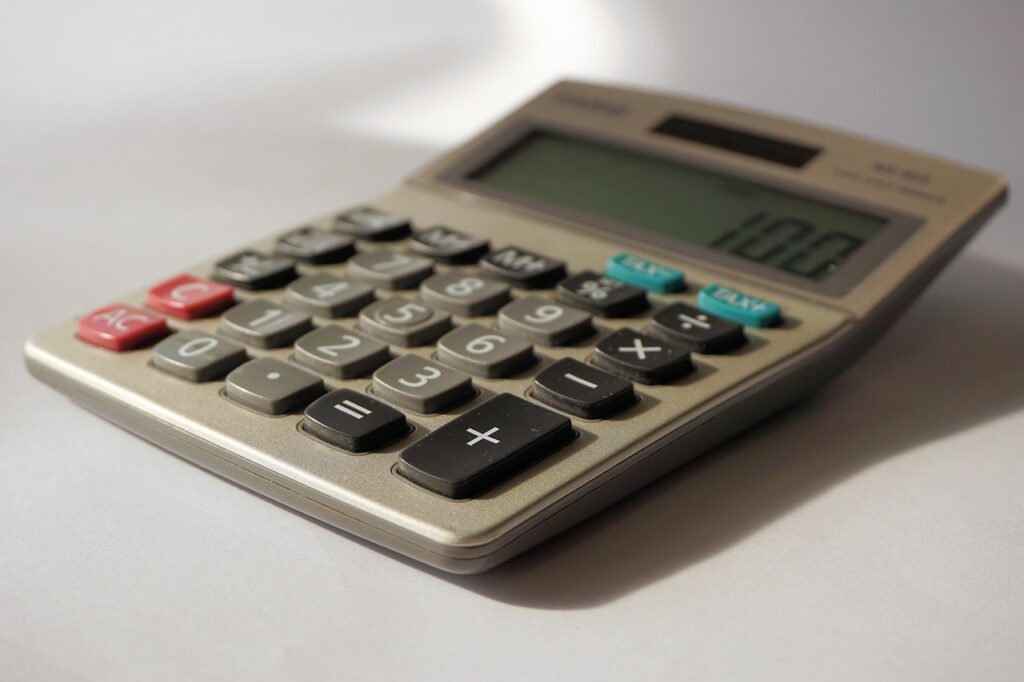There are a lot of benefits in retiring to France – the weather , the food, property is generally cheaper, and you’ll be assured of getting plenty of visits from family and friends. But there’s also a lot of financial and practical matters to consider. So here we take a look at some key things to know about retiring to France.
What Visas Do You Need For Retiring To France?
Now that the UK has left the European Union, this is slightly more complicated, but not impossible. There’s a few options available to you:
- You are a British citizen and you moved to France before the end of the transition period, (i.e. before the 1st of January 2021) you were entitled to a residency permit ‘withdrawal agreement’ – BUT the deadline for that application has now passed
- You are British and you settled in France after January 1st 2021 or you wish to settle there soon. You cannot benefit from the withdrawal agreement, you will therefore need to submit an application for a Long Stay visa (staying more than 90 days in France) to the French Consulate General London.
- If you want to stay for longer than 90 days in France, you can apply for a long-stay “visitor” visa. You will be issued with a long-stay visa serving as a residence permit (VLS-TS). This visa is subject to an online validation procedure after you arrive in France. In order to qualify for this visa you’ll need a fair amount of supporting documentation, and this will be indicated in the visa wizard . You’ll need to provide information about your financial situation (leave, retirement, etc.), your resources, your accommodation and your medical cover in France. You must also formally agree not to engage in any work activity during your stay in France.

- Once you’re are nearing the end of your first year in France, you may be eligible to apply for a Carte de Séjour or Titre de Séjour — a French residency card. This is the second step on the road to becoming a permanent resident in France, but the process can seem daunting for first-time applicants – we’ve written extensively opn this subject in an earlier post which you can read here
Tax Stuff…..Ahhhhh!

You absolutely need some professional help on this, a few hundred pounds for spent on some good advice now, could save you thousands in the future.
That said, there is a tax treaty between the UK and France which ensures that you’ll not need to double pay tax in both countries. But this is not clear cut and declarations need to be made about where the income is earned. The tax treaty also covers areas such as tax avoidance and money laundering, so it’s not a simple case of stating that you’re a UK tax resident. In fact it’s a a common mistake believing that tax residency is only based on how long you spend cumulatively within the country each calendar year. However, there are other criteria, such as where your main home is located, so it isn’t just about counting days. Meeting any of the criteria would ensure your tax residency and legally require you to declare your worldwide income, gains, and property wealth.
So get some advice, there’s lots out there but these guys might be a good starting point https://www.blevinsfranks.com
What About Properties
Let’s work on the basis that you own your property in the UK, which you are going to sell in order to fund purchasing a property in France, or rent out to help fund your new lifestyle in France. There are tax implications to both scenarios, which you need to check carefully with a tax advisor. You’ll also need to consider exchange rate implications, and crucially if either a French or UK property still have a mortgage top repay, how will future interest rate fluctuations impact you’re monthly repayments.

Buying A Property In France

The system is much better that the UK process because a sizeable deposit changes hands at an early stage, which means that once an initial agreement is made you’re almost there. The process is as fopllows:
- Find the property of your dreams and make an offer.
- The offer gets accepted, and then you need to engage a Notaire (a French solicitor)
- Sign the Preliminary contract “Compromis de Vente”, and pay your deposit (normally 10% of the purchase value)
- You have 10 days cooling off
- Sort out the rest of your funds (transfer funds from overseas or finalise your mortgage)
- Notaire draws up the Final Deed “Acte Authentique de Vente”
- And transfer the funds to you Notaires account
- The Seller pays capital Gains tax
- And you get your keys
The whole process normally takes about 2 to 3 months depending on how good your Notaire is.
It’s also important for you to be aware that you will be liable to pay French property wealth tax annually if the value of your worldwide real estate portfolio amounts to or exceeds €1.3m.
Pensions
For State pensions or workplace pensions, these can be paid to you wherever you live.
You’ll be entitled to any built-in annual increases in the same way as if you were living in the UK.
If you’re thinking of moving to France, make sure you talk to your pension scheme or provider before you move, as some providers might only be able to pay into a UK bank account.
For private pensions you might want to concider a Qualifying Recognised Overseas Pension Scheme (QROPS) which is a vehicle that facilitates the transfer of existing UK pensions to France. It can be an effective solution if your objective is to access your capital when you want, where you want, and in the currency of your choice.

However, it is essential to have a clear understanding of pension legislation in France – and you’ll need some professional advice on that in order to select an appropriate product that allows you to benefit from both a tax and investment perspective.
You may have contributed to your pension funds for most of your adult life, and they remain an essential source of income throughout retirement. As such, you should review the structure of your pensions and weigh all your options to maximise your retirement savings.
French Inheritance Tax
This is our last point for this article, because frankly I’m beginning to drop off with all this tax talk. But the inheritance passed on to your loved ones is always important, but even more so if you own assets in France due to the complex succession regime there.
French inheritance tax and succession law differ from the UK. Succession tax rates and allowances are based on who the individual beneficiary is and, in some cases, can be high. Also, France still imposes Napoleonic law, originally introduced to protect the family bloodline, which gives your children much more rights over inheriting your estate than your spouse has.
On the flip side, there is an agreement in place that allows expatriates living in France to elect the law of their country of nationality to apply to their estate on their death.
Provence Movers is an international moving company specialising on relocation services to France. We provide high quality door to door removal services at really attractive rates. So if you’re planning on moving to France, give us a shout and we’ll provide you with all the information that you need